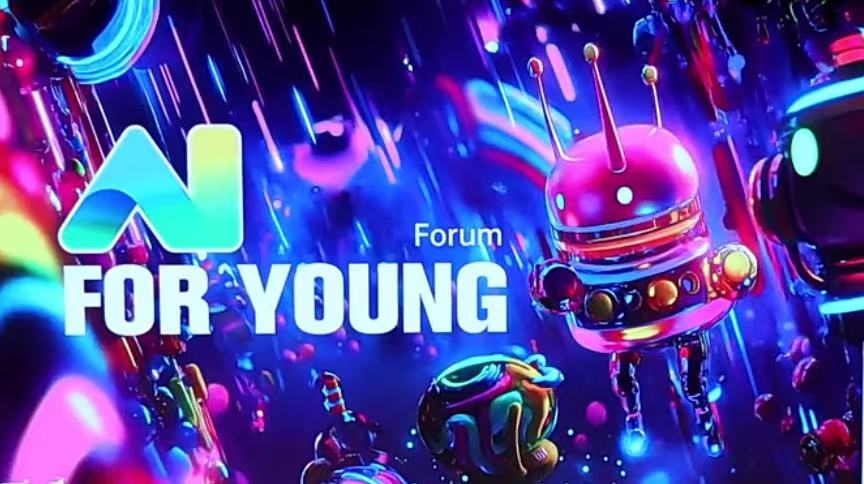Post Section
May 02, 2025
As a Native of the AI Era, I Want to Do Something That Truly Matters
My Sharing at the AI For Young Conference:
As a Native of the AI Era, I Want to Do Something That Truly Matters
Recently, I was honored to be invited as a guest speaker at the AI For Young Conference, where I shared some of my personal experiences and perspectives on AI. Standing on a stage filled with young developers, researchers, and entrepreneurs, I spoke about how I perceive this AI era—and why I chose to explore the emotional dimension as a core entry point into AI development.

Starting from the Struggles of Emotional Expression
I’ve always believed that the essence of technology is not about showing off capabilities, but about responding to real human needs. Despite the abundance of social platforms today, they still fail to address a fundamental issue: emotional expression often remains lonely. Too often, what we share becomes mere "content" in the eyes of an algorithm, rather than something truly understood.
This led me to wonder: can AI play a new role—not just as a smart assistant, but as a genuine companion that understands human emotion?
Such an AI would not only detect emotions, but also generate personalized, responsible, and value-driven responses—creating a space that is safe, authentic, and empathetically resonant for each user.
This is not merely a technical challenge, but a deeply human one. And it is exactly this question that launched my journey into building an AI-powered emotional system.
We Are the Natives of the AI Era
I was born into a time when AI was steadily integrating into daily life. Recommendation algorithms, virtual assistants, generative content—these aren’t “revolutions” for my generation; they are our normal. That’s why I often refer to people like us as "natives of the AI era"—not spectators, but active participants in a world shaped by intelligent systems.
Because of this, our sensitivity to AI goes beyond technical specs. We are concerned with the boundaries between humans and machines. AI can be a tool—or a partner—but it must not disconnect from the emotional structures that define human experience. I believe that our generation has both the opportunity and the responsibility to ensure that AI evolves not only to “perform,” but to truly understand.
A Comment Sparked a Cross-Disciplinary Team
My initial motivation was personal, but I quickly realized that making this vision a reality would require a group built on trust.
A simple comment on my social feed led me to connect with Li Yin, a fellow computer science student at the University of Birmingham Dubai. A deep conversation quickly revealed our shared belief: the age of AI has arrived, and we should be among the first to seize its potential. With his strong technical background and hands-on experience in both frontend and AI model development, he became an essential pillar of the project.
Later, I reached out to a classmate pursuing a master’s degree in finance at the University of Bristol. Although not yet familiar with AI, he immediately recognized the project’s potential. Together, we refined our first business plan.
We also invited a design graduate from the University of the Arts London, specializing in data visualization, who brought her creative vision to the emotional interface design.
This is how our cross-disciplinary, cross-border team came together. We work fully remotely, communicate in English, and share a deep, common goal: to develop AI that understands people—not just uses them.
Looking Ahead
Our project has not yet been officially launched, but we are moving forward steadily. We’ve deliberately chosen to move slowly, because we believe that a truly meaningful emotional space is not built through stacked features, but through a deep understanding of human complexity—layer by layer. AI is not the final answer. It’s a new way to ask questions.
What I hope to achieve is an AI that doesn’t just ask, “What do you want?” But instead: “What are you truly feeling?”
What I hope to achieve is an AI that doesn’t just ask, “What do you want?” But instead: “What are you truly feeling?”
There is still a long way to go. But as long as I remember the original question, I know I won’t lose my way.




